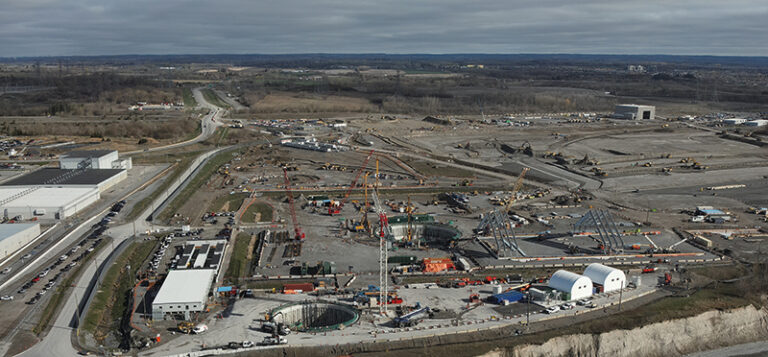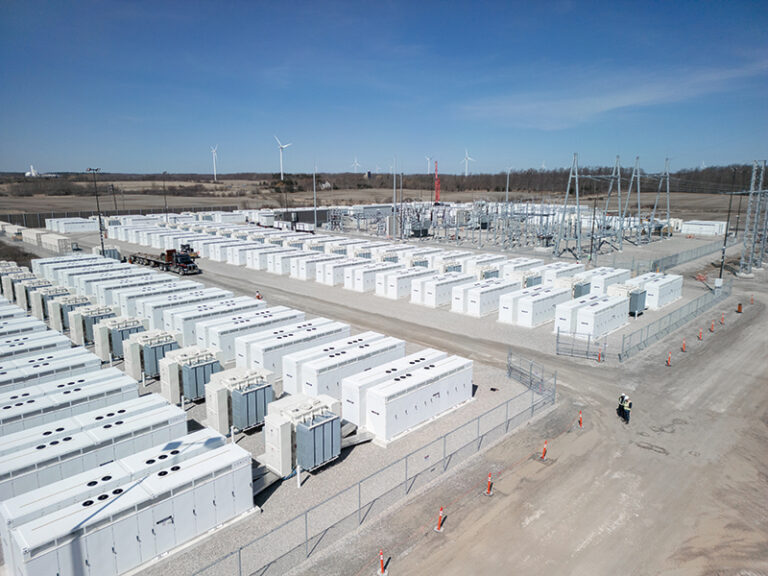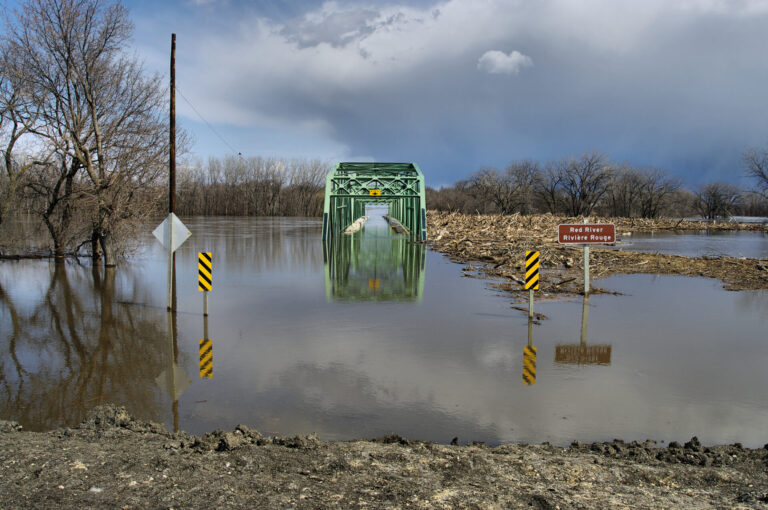For weeks now, ReNew Canada has avoided reporting on the news surrounding SNC-Lavalin (SNC) and the federal government. And for good reason. Much of what has been reported thus far seems loaded with speculation, opinion, and belief, and severely lacking in the fact department.
But for the past week, part of the conversation at the national level has focused on the impacts to infrastructure development in Canada, and ReNew Canada has been called upon to provide insight into that impact. In doing so, we have been putting our best foot forward to try and wrap our heads around the almost unanswerable question… what if?
That is the question that everyone wants an answer to in its endless mutations and variations. What if SNC-Lavalin gets banned from government contracts? What if they decide to leave Canada? What if they decide to bail on their current commitment? What if, what if, what if.
The infrastructure industry has been quiet in trying to answer those questions, because no matter how much we speculate, none of us can crawl into the minds of the senior executives at SNC-Lavalin to know what they are thinking. None of us have the ability to make decisions for them.
But there are some questions that the industry can still try to understand, and they are questions that we best keep in the back of our heads as the fallout from this continues. Here is our take on the questions we need to ask, and what the answers could be.
What happens if SNC-Lavalin is banned from bidding on federal government contracts?
Without question, it will mean some amount of lost business for the company. Using ReNew Canada’s Top100 Projects report as a reference for this discussion, SNC-Lavalin has three projects on that list, of the company’s 26, that directly involve federal procurement: the new Champlain Bridge, the expansion of CFB Trenton, and the A and B Jetty Recapitalization at CFB Esquimalt. So the company has had some recent success in landing business with the federal government.
Currently, there is one significant federal contract there are involved in bidding on, as they are part of one of the two consortiums being considered in the RFP stage of the ESAP Energy Services Modernization, which is a $1.2 billion contract.
There are also expected to be a few more federal government projects of considerable magnitude over the next decade: the Supreme Court rehabilitation, further work on the Parliamentary Precinct rehabilitation, potentially the St. Lawrence Seaway modernization, and likely some more work upgrading and updating both military and port installations.
So yes, should SNC-Lavalin be suspended from bidding on government contracts over the next decade, it is easy to assume that it will impact their bottom line That being said, they would obviously focus their efforts elsewhere and could land enough business elsewhere in the country to make up for it.
What if SNC-Lavalin decides to pull their business from Canada?
To start, you would have to believe that it would be too costly to remove itself from all of its current contracts. I am not a business expert by any stretch, but it’s tough to imagine a business case for pulling a company of that magnitude off of all of its current work.
They could however, decide to take the company and move it to London, as has been mentioned by senior brass at the company. Would they consider removing themselves from bid teams they are currently part of? I don’t have the answer to that. But knowing they are part of consortiums in the RFP stage of the aforementioned ESAP project and the Pattullo Bridge replacement to name a few, I think there could be some legal repercussions if they extracted themselves from the active bids.
If SNC-Lavalin were to leave, what would it mean to infrastructure development in Canada?
It would reduce competition for major projects in Canada, and that isn’t a good thing. We have heard from project owners that past few years that have been lamenting the fact that not enough qualified consortiums are bidding on major projects. We traditionally see three proponents selected for the RFP stage of major projects, but are starting to see just two on a frequent basis (ESAP and Eglinton LRT to name a few).
Reducing competition on project bids can have two negative impacts of significance: a rise in project cost and a reduction in innovation. It’s pretty simple, less competition means less variation on cost. And clearly, based on the fact that SNC-Lavalin is part of 26 projects on this year’s Top100 projects report, the company is a fierce competitor on project cost. Without their involvement, project costs could foreseeably rise. In addition, engineering companies bring a great deal of innovation to the table during the proposal process. With absolutely no slight to the other companies in the same space as SNC, a given project owner could prefer the company’s innovative ideas versus another in a proposal. The lack of that input could lead to a project that isn’t as innovative as it could be.
The news keeps talking about 9000+ jobs leaving the country if SNC-Lavalin leaves Canada. Is that realistic?
It may not be probable, but it is possible. There are a lot of factors at play that would determine the actual answer to this question, or more to the point, just how many of those jobs would indeed leave:
- Is there enough business for SNC-Lavalin outside of Canada to command the need for those 9,000 jobs in other global markets?
- Would those 9,000 families be willing to move with the company?
- Would other companies in the space in Canada have the capacity to take on those people who don’t want to leave the country?
- Would SNC-Lavalin’s reputation, within the industry, be so tarnished by the current situation that there would be no partners willing to work with them anywhere in this country?
Without appreciating the answers to those questions, it’s impossible to know just how many jobs could leave Canada if SNC packed up and left the country.
There are still so many questions left unanswered as the fallout of the SNC-Lavalin situation continues. It is important to ask questions to better understand how this could impact infrastructure development in Canada, but it is just as important to appreciate that we no one truly has the answers. At this point, we all need to stand back, observe, evaluate, and prepare for what comes next.











